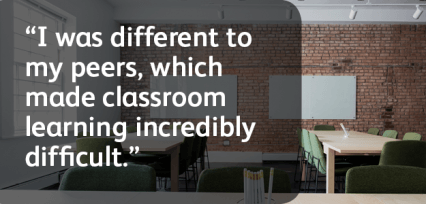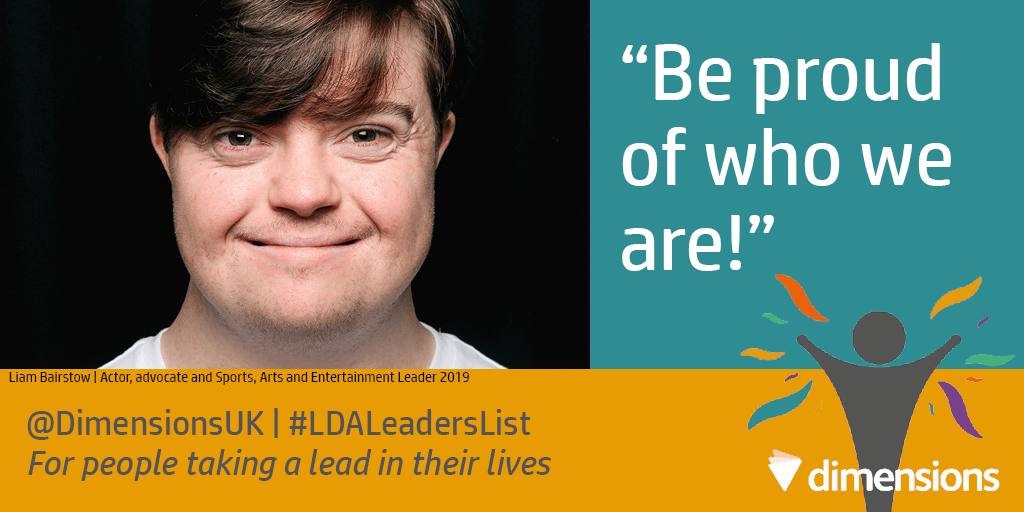Growing up different
Nikeeta is a millennial, and is still waiting for her diagnosis of autism. She’s spent her life facing challenges other people don’t, without understanding why…
“I self-identify as autistic, and one of the issues I’m faced with is that current diagnostic tools are based on male presentation. This means if I attend an assessment, I might not meet the set criteria.”
“Throughout my childhood I was recognised for being different. I struggled to fit in socially and my crippling anxiety meant I missed school days and classroom learning.”
Nikeeta left school with just half a G.C.S.E. She struggled to fit in socially with academic and work environments, which made getting qualifications and holding down jobs difficult. She was failing to reach her academic potential, and only managed to gain limited qualifications.

As you can imagine, this was frustrating. Nikeeta was a bright young adult, who wasn’t receiving the support she needed to be her best.
Finding her place
Determined to make sense of her differences, she enrolled in a Mental Health Nursing diploma. Still struggling socially, she left the programme and re-started the following year.
Academically she started to progress well, but still not understanding her differences she did what many autistic people do…she hid her true self.
“I have always had to try and hide my true self and I was able to mask my behaviours somewhat by this time – though I still was awkward and different to my peers, which made classroom learning and placements incredibly difficult.”
“Fortunately for me, I was able to keep my head down and stay focused on the end goal. I also had the support of my partner at the time, who accepted my differences and has done ever since.”
Three years later she graduated with a first class honours degree.
Mum, nurse and advocate
Fast forward seven years, and Nikeeta has a young family, is working as a child and adolescent mental health nurse, has completed an MSc and is preparing for a PhD application – driven by her determination to improve the recognition of autism in girls and young women.
“As I grow as an autistic woman, clinician and researcher, I will advocate for girls and young women on the spectrum.”
Autism as an adult
Nikeeta is still waiting for a formal diagnosis of autism and, even as an adult, she faces challenges.
“If I am with anybody for any length of time, my communication difficulties become really clear. I struggle with groups of people and when there is lots of competing demands on my senses.
“By default, I try to avoid social situations when possible, unless it is with a friend or somebody I can trust. I find most people judgemental – because I cannot communicate with them at ease in the way they would expect me to.
“Until I receive the diagnosis from a qualified health expert, my self-diagnosis of autism will never be universally accepted. This is frustrating, particularly when there are faults to the current diagnostic process. I trust my own opinion, based on personal and clinical experience.”
Nikeeta has had to overcome personal and professional challenges, without fully understanding why. Not having a formal diagnosis can cause more stress and we think she’s done so well to achieve all she has.











